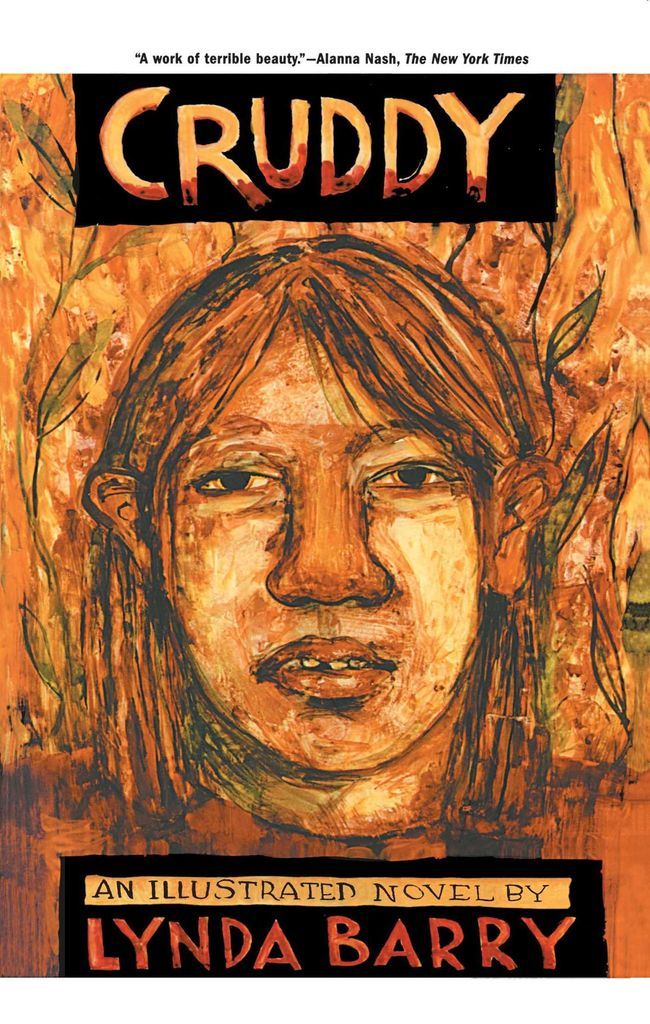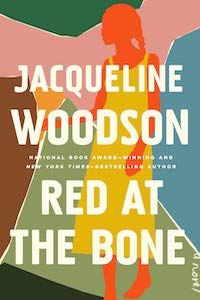One thing that has invited connection without leaving the house, or tugging on pants, is my virtual two-person book club. Co-founded with my soul sister, this marks my first time book clubbing. While we certainly aren’t the first twosomes to two-person book club, it feels like a balm for the times. For more than 15 years, my reading partner and I have been bibliophile-ing together. Our origins include Judy Blume’s Summer Sisters and Richard Siken’s Crush. Along the way, we have shared countless syllabi and PDFs of readings from writing classes. Snail-mailed books to each other, like Wendy C. Ortiz’s Bruja and Janice Lee’s The Sky Isn’t Blue. Our literature-loves have overlapped for so long that I wondered whether hard data would support it. This curiosity urged me to compare books with my Goodreads friends. Out of 64 people, we have the second most books in common: 306. The first: 319. The third: 302. The fourth: 263. See, I knew our connection was founded on vast, true shared interests. For me, this kinship recalls the dull halls of school and the people who lit them up: friends, crushes, an art teacher who let me work through lunch because the cafeteria was too…cafeteria. You remember them. Like that, my reading penpal’s emails brighten my inbox, brighten my days inside. Sentences to her bubble up as I drift to dream. Ever thoughtful, she tells me what I wish to know. What drinks crowd her writing space, what crystals line her pockets, which books pile on her nightstand, where her cats splay. During April, we order the same book, Chelsea Bieker’s debut. While waiting for the glittering novel to arrive, we vow to read Godshot together, establishing our book club. It had snagged our attention because the title had been compared to Janet Fitch’s White Oleander, the first book we gushed about, our bookish friendship’s firm foundation. In “The PEN Ten: An Interview with Chelsea Bieker” by Jared Jackson from PEN America, Bieker names White Oleander as a formative novel. “This book is magic to me. It offered me something that no book had before. I saw myself in its pages so clearly.” It’s special—isn’t it—adoring the same book as someone else? We read because T Kira Madden blurbed Godshot, calling it an “absolute masterpiece.” We think Long Live the Tribe of Fatherless Girls, which we plan to reread together, is a masterpiece, and trust Godshot will be one, too. In the spirit of discovering our first book, we read exactly what we want to when we want to. We let one book lead us to another. We read what keeps speckling our feeds. What whispers to us. We read Cruddy because Madden states, “I think I’ve given every friend a copy of Lynda Barry’s Cruddy, and if they don’t like it, they’re not my friend.” Because Bieker insists the book is “unlike anything else.” We harbor major we’ve “been meaning to get to that” vibes, too. Pre-pandemic, my reading partner’s colleague lent her Jacqueline Woodson’s Red at the Bone and my poetry pal recommended it to me, so we read. While setting guidelines, we decide to email, alternating sending the first missive. This feels like the best medium for us, for now. Time feels slippery and deadlines lurk like a suggestion, but I can muster the energy for select emails. Email allows me to sit with my thoughts, to leave them in drafts, to walk away and fix a cup of tea, to daydream between capturing the first sentence and hitting send. On Goodreads, we update our progress religiously and check it before writing to avoid spoilers. While indulging in our selections, I keep two bookmarks: one for me, one for her. Every morning, I move hers until we reach the last page. Until we finish typing about our book, my sticky-flagged copy rests on my desk. While reading our third selection, our book club name finds us, the Dog-Ears. Something we notice ourselves doing and referencing often: “I’ve been touching sentences and folding down pages” and “there are bottom and top dog-ears.” We forgo discussion questions for streams of consciousness. What our brains, hearts, and eyes are drawn to: beautiful lines. Often we mark the same ones. From Godshot: “I loved watching her. My mother was the sun in a dark room.” From Cruddy: “It turns out that once your mind gets expanded it is very hard to shrink it back down again.” From Red at the Bone: “Love changes and changes. Then it changes again.” If you want a reading buddy or buddies, I hope you find them. My still-in-awe mind keeps returning to the kind of consuming love Woodson captures so deftly in her lyrical novel exploring the interconnected lives of two families: “Does it sound crazy to say I looked at her and saw the world falling into some kind of order that I didn’t even know it was out of? She had a flash in her eyes—a spark of something solid and deep.”


